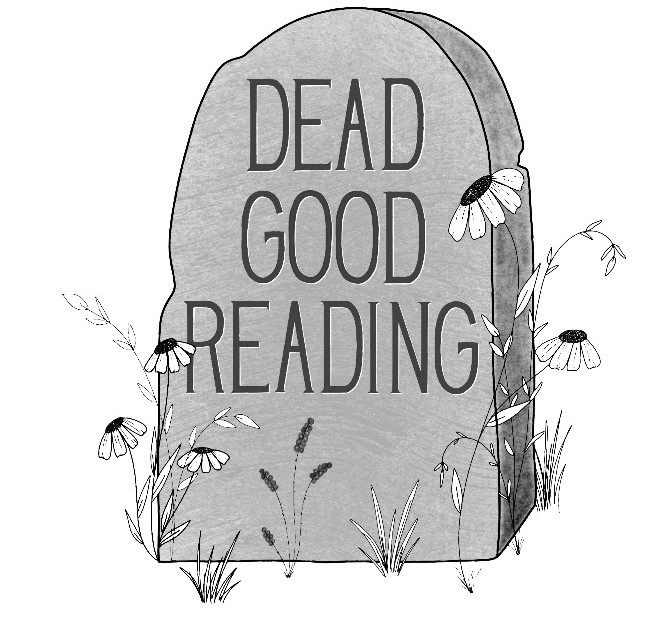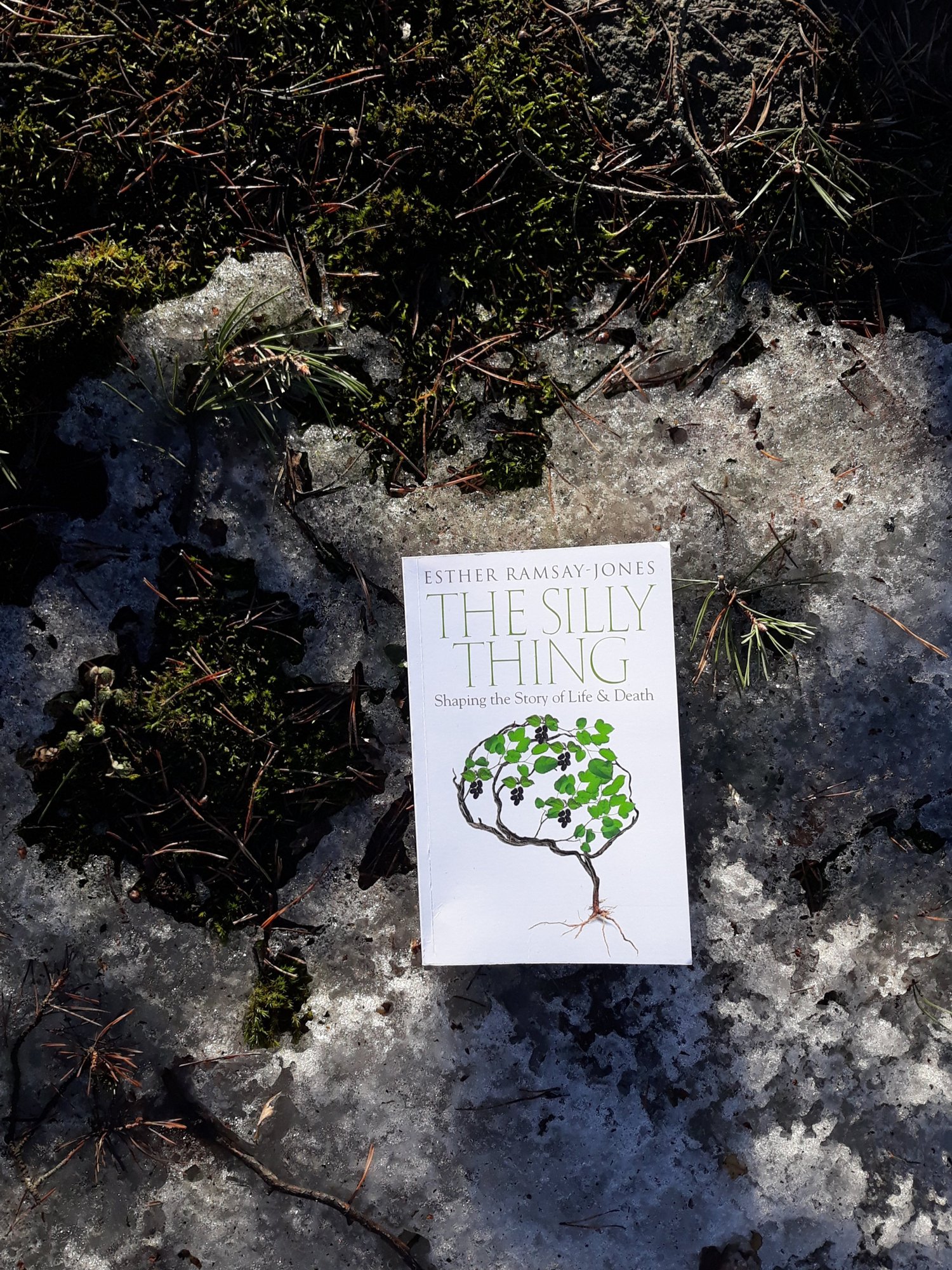This month I am taking part in Memoir March. Memoirs are an interesting genre of books. Memoirs are based on people‚Äôs life stories but memories are not fixed entities, instead feelings towards, and interpretations of, memories might change over time. Furthermore, whilst memoirs are based on ‚Äėtrue events‚Äô, sometimes the truth needs to bend to fit the narrative. Memoirs around grief, dying and loss appear to be sprouting everywhere and I was spoiled for choice when selecting books to read.
After Esther Ramsay-Jones‚Äô mother is diagnosed with grade 4 glioblastoma, an aggressive form of brain cancer, she decides to ‚Äėclimb in the pen‚Äô (in de pen klimmen) as we say in Dutch, and write about the illness trajectory of her mother. ¬†The Silly Thing: shaping the story of Life & Death is the result of these notes. The ‚Äėsilly‚Äô thing refers to the name Ramsay-Jones‚Äô mother has given to her tumour, which affects her speech and her language centre. Not being able to express oneself, or to no longer be able to find the words, is particularly heart-breaking for an English teacher, but distressing for anyone who experiences this.
Ramsay-Jones is a psychotherapist, specialised in the end-of-life. She helps people who are terminal, and their families, make sense of this liminal stage of living whilst also dying.
‚ÄúPsychotherapists in palliative care are no less exposed to the opposing feelings of their clients towards their spouses and parents and other family members, than practitioners in other sessions. The only perceivable difference is that we are often working with the explicit awareness of the ticking clock, so often there is a sense of urgency involved in providing time, space and thought to people to people to disentangle the feelings in order to support relationships undergoing not only change but termination‚ÄĚ
‚ÄĒ Ramsay-Jones Page:46-47
Her mother’s diagnosis brought her professional role into the personal realm and makes her experience first-hand what many people in her practice get confronted with. Ramsay-Jones reflects on her mother’s story but also weaves in fictionalized vignettes based on her professional practice. These vignettes show the similarities in feelings, thoughts and actions as experienced by her clients and can provide readers the tools for not feeling like they are alone in their doubts, fears and perhaps even their anger. I found this form of writing, a patchwork of the personal and the professional, refreshing.
The book shows how you might understand something academically and in your working life, yet phenomenon will very likely hit differently when they actually happen to you. Ramsay-Jones describes how her mother’s cancer changed her parents’s routine, as they meet for a 3 am cup of tea and a biscuit. She talks about knowing how sugar and nutrition can affect survival, and the tension of wanting her mother to enjoy life but also wanting to have her around for as long as possible. Anticipated loss suddenly makes a biscuit so much more than a biscuit.
The Silly Thing is a mixture of memoir, theory, reflection and philosophical contemplating. Unsurprisingly, given her background in psychotherapy, Ramsay-Jones relies heavily on psychoanalytical thinkers and theories. This might not be everyone’s cup of tea, and I will be the first to admit that I find some of those ideas challenging. However, I am often excited to learn more about theories I rarely encounter in anthropology or other social sciences, and while some psychoanalytical notions seem very rigid to me, they do provide another lens to think about death, dying and grief. Importantly, Ramsay-Jones, whilst building on those theories, does give space to the fluidity and the changing nature of dying and loss:
‚ÄúThe experience of dying, like life itself, is full of moments of not-knowing, and yet in current policy and practice it seems so very hard to make room for the fear of not-knowing and for that which cannot be controlled; the desire to make certain the uncertain makes those decisive pathways turn into something altogether more perplexing. It tends to err on the side of managing us all, of quashing our fears, boiling down the inarticulable into tick boxes ‚ÄĚ
‚ÄĒ Ramsay-Jones Page: 61
Ramsay-Jones is at times highly critical of current end-of-life care practices and policies and her writing is very political at times. Ramsay-Jones clearly has a vision of what good palliative psychotherapy looks likes and rightfully worries about the long-term consequences of covid-19 on the delivery of this type of care and support.
The Silly Thing is a raw, emotive and educational. It provides food for thought, and will be of interest both to those in the field of psychotherapy, as well as those bereaved, or those anticipating a bereavement in the near future.
You can purchase the Silly Thing directly from the publisher here. Readers might also be happy to know that Beth and I recently interviewed Esther for the Death Studies Podcast, so stay tuned for an in-depth conversation about the Silly Thing and her other book Holding Time: human need and relationships in dementia care.


Leave a Reply